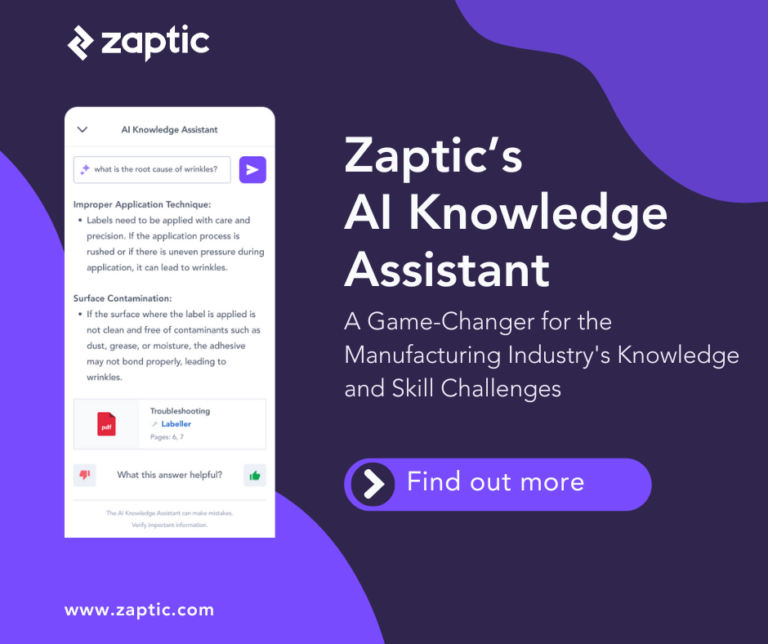
How does a 32-year old who has never worked in a restaurant, nor climbed the corporate ladder, become the CEO of a company as big as Burger King?
How does a small group of savvy financiers build a global food colossus, including a $112 billion merger of Kraft and Heinz, restaurant chains Burger King and Tim Hortons, and the creation of the world’s largest Brewer, AB Inbev?
How do the EBITDA margins of Kraft Heinz (at c.30%) tower a full 10% or more above some of its peers in the fast moving consumer goods (FMCG) industry?
Few will disagree that 3G Capital’s results in the consumer goods and quick service markets stem from an uncompromising focus on operational excellence. In their own description of the 3G Capital playbook, the investment firm founded by Brazilian Jorge Paulo Lemann has “a strong history of generating value through operational excellence”.
In this light, the 3G Capital playbook comes straight out of the traditional business strategy textbook. It is the kind of plagiarism that even a B grade GCSE English student would be proud of. In their 1997 book, ‘The Discipline of Market Leaders’, Michael Treacy and Fred Wiersema describe three fundamental business strategies: operational excellence, product leadership and customer intimacy. They argue that in strategy formation, focus is critical and therefore companies need to decide which one of these strategic directions to pursue. They can’t do all three. Clearly, Lemann and his partners did their business studies homework and picked the operational excellence horse. They haven’t looked backed.
So what does operational excellence in the 3G playbook look like? The stringent discipline of ‘zero-based budgeting’ (ZBB) has caught much attention, in which every unit’s budget is assumed to be zero at the beginning of each year, and every proposed expense must be justified anew. In addition, their portfolio companies experienced a shift in corporate cultures based on extreme transparency, merit-based pay, austere budgeting, promoting young talent quickly and a spirit of competitiveness. With the right ‘people’ and culture, a continuous streamlining of operations through process re-design commenced.
Kraft Heinz swiftly cut c. $1.6 billion in costs through consolidation of North American manufacturing assets, eliminating excess capacity and reducing operational redundancies. Burger King and Tim Hortons found growth in part through a new, hands off model based on refranchising, outsourcing the funding and operation of restaurants to franchisees. Like Airbnb and Uber, the biggest providers of accommodation and taxis without owning beds or cars, Burger King and Tim Hortons became the biggest restaurant companies to generally not focus on managing restaurants.
“Sounds risky”, one might suggest. How can you cut so hard and fast yet maintain the brand standards your customers expect? It is a good question, especially in a climate of rising, Amazon-era customer expectations. Success relies on understanding in which areas streamlining can happen without eroding standards. Perhaps there’s two possible explanations for 3G’s success:
- Lemann and his management teams had a razor sharp, natural sense for process improvement areas and opportunities. With this human advantage, all they needed was a culture that could execute.
- Decisions about operational streamlining were based on a data-driven definition and scoping of improvement opportunities.
The fact that IBM and SAP consultants were hauled in to help Kraft Heinz generate supply chain visibility reports “in weeks, not months”, might suggest that their digital transformations had not yet reached the kind of maturity required to credit success with a forward thinking harnessing of digital operational excellence.
The 3G Capital Playbook 2.0: Operational Excellence in the Era of Digital Transformation
If Kraft Heinz’s FMCG peers accelerate their digital transformations by adopting capabilities rapidly improving the way we improve, 3G might find less appetizing prey in the consumer goods landscape. Data driven streamlining and automated execution mean that operational excellence is no longer a business strategy for only the most disciplined and ruthless operators with a natural sense for process improvements.
In the era of digital transformation, operational excellence is a strategy for any company that can combine a coherent digital strategy with the right people and culture. From responsible sourcing, to world class manufacturing, logistics and customer service to next generation retail execution and monitoring, digital technology can provide the decision making and execution support to streamline entire supply chains.
For consumer goods, retail and quick service brands, digital operational excellence – rather than digital customer experiences, represents the 80% of digital transformations that will define the winners and losers in the years to come. As Forrester predict for 2017, in ‘Digital Transformation, The Hard Work Of Operational Excellence Begins’ as budgets look to go beyond the bolting on of digital front ends to existing products and services. “Digital transformation will tip from experiences to operations”.
The Primacy of Digital Operational Excellence for FMCGs, Retailers and QSRs
As consumer preferences continue to change and service expectations rise, Treacy and Wiersema’s ‘Discipline of Market Leaders’ theory no doubt needs updating. A focus on operational excellence alone will not be enough. It has to be balanced with market leading capabilities in product leadership and customer intimacy. Indeed, the aim of a real digital transformation is to weave a ‘digital thread’ through “operations, products and services to support new customer experiences.”
However, for consumer goods, retail and quick service brands, lasting customer experiences will be shaped by digital investments in bricks and mortar processes, and crucially, the people on the frontline delivering one-to-one customer experiences. There are three important reasons why the balance of value disciplines must lean towards operational excellence in consumer goods and retail:
- When it comes to hamburgers, condiments or on-the-go personal care products, bricks and mortar sales are not going anywhere. Omni-channel touchpoints and harnessed AI might create a good online experience (which is great), but if that is backed up with a sloppy in-store experience, we haven’t moved the dial on customer experience. In fact, we’ve gone one step forwards but two steps back.
- Billions upon zillions have already been spent on creating digital customer experiences; this is the 20% of digital transformations that is easy.
- When the going gets tough, the tough get going. As Forrester predict, “the hard work of operational excellence will begin in 2017” as budgets look to go beyond “the bolting on of digital front ends to existing products and services”. Integrating digital capabilities into distributed operations and the complex decision making matrix of a large distributed organisation is the hard 80% of digital transformations. And as always, the recipe of market leaders is not built on easy decisons and low hanging fruit. Its the ability to execute the difficult and complex which defines winners and loosers.
This is why the future superstars of FMCG and quick service will work from a new playbook. In the age of real time supply chain visibility and data driven process improvements, a “natural sense” for operational streamlining will not cut the mustard. Cultural shifts and organisational leadership will of course be human enterprises at their core, but the “3G Capital playbook” will be updated for the age of automation. And it will have digital operational excellence at its core.











